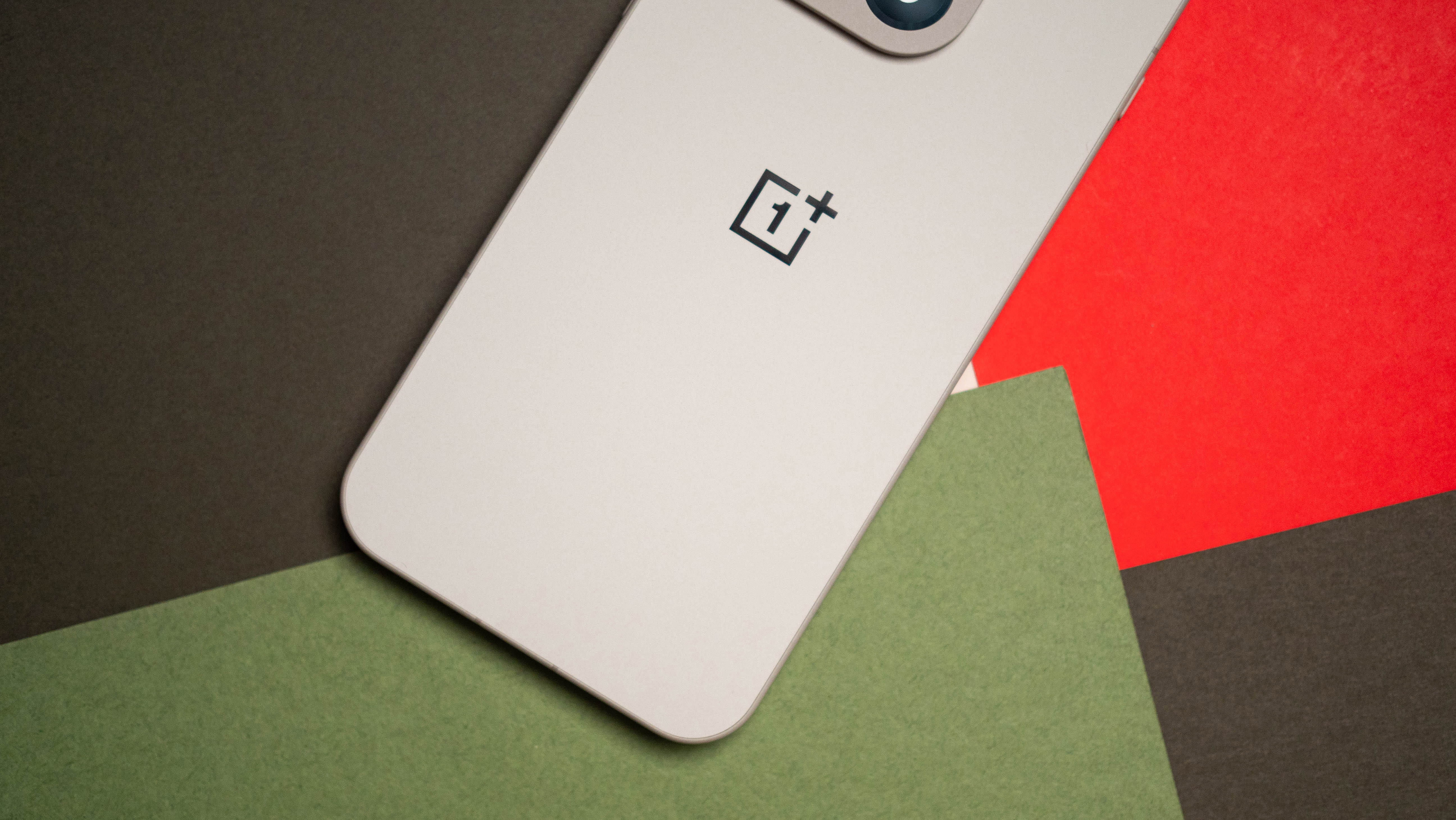The Google Pixel 8 may run cooler and more efficient, thanks to Tensor G3
The difference is in the packaging.

What you need to know
- Rumors suggest Google's Tensor G3 chip could feature a FO-WLP packaging method out of Samsung's Foundry.
- The method is said to encourage power efficiency while also reducing heat generation for the Pixel phones.
- Google's Tensor chip hasn't had the best reputation, and the company is reportedly looking to move to TSMC for the Tensor G4 before next year's Pixel.
There might be a little more in store for Google's upcoming third-generation chip inside its next smartphone launch.
Rumored by Tech_Reve on X, Google's own Tensor G3 chip might feature FO-WLP packaging, one of the first to do so out of Samsung's Foundry (via 9to5Google). The new method, which stands for "Fan-out Wafer-level," would encourage power efficiency and reduce heat generated from the device.
It was previously expected that Google would continue to rely on Samsung to craft the semi-custom chips. However, certain aspects still remain uncertain. That said, a change to the Tensor G3's core layout is expected as Google tries to work some more power into the chip.
Additionally, there was speculation that the company would continue to feature the same modem as the Tensor G2 in the upcoming iteration.
The Tensor G3 is the first among Samsung Foundry's smartphone chips to incorporate FO-WLP packaging, which is expected to reduce heat generation and increase power efficiency for the Tensor G3.September 11, 2023
Google's own chip has had its (many) faults since its debut, ranging from efficiency problems to overheating. Most notable is the slight rework given to the Tensor G2 chip for the Pixel 7a, where Google decided to switch up the packaging method for the chip in its most recent budget phone, making the device run severely hotter and slower.
There is a possibility that these problems will go away — or, at least, not be such a problem in the future. Rumors in July suggested Google may possibly drop Samsung for its Tensor G4 chip, which would likely power the Pixel 9 series. Google would go from relying on Samsung Semiconductors to piggybacking off TSMC.
A change like this would greatly benefit the company's adequate Tensor chip, as Qualcomm's shift to TSMC was like night and day when comparing the Snapdragon 8 Gen 1 and Snapdragon 8+ Gen 1. Google also has plans to fully produce its Tensor chip in-house by 2025.
Get the latest news from Android Central, your trusted companion in the world of Android
We have three weeks until Google reveals the Pixel 8 series during its fall event on October 4. The wait's not long now until we see how these changes to the Tensor G3 impact the next Pixel series.

Nickolas is always excited about tech and getting his hands on it. Writing for him can vary from delivering the latest tech story to scribbling in his journal. When Nickolas isn't hitting a story, he's often grinding away at a game or chilling with a book in his hand.
